When most of us hear the word "tetanus," we immediately think about shots and rusty nails. While those are some appropriate associations, there is so much more to tetanus than rusty metal and syringes.
We also have the tendency to assume that tetanus and the vaccine are only for kids. Unfortunately, neither are true.
As it turns out, the serious bacterial infection is worth avoiding for a number of reasons, and not all of them have to do with rust.
Interestingly enough, no one (besides those who have received the shot within the recommended window of time) is immune to this highly misunderstood disease.
If you'd like to avoid the many painful and even deadly side effects of this condition, it's important to know the facts.
Tetanus may be rare in this day and age, but that doesn't mean it can't happen to you if you don't know what dangers to be on the lookout for.
Thumbnail Photo: Wikimedia Commons/ Nevit Dilmen
What Exactly Is Tetanus?
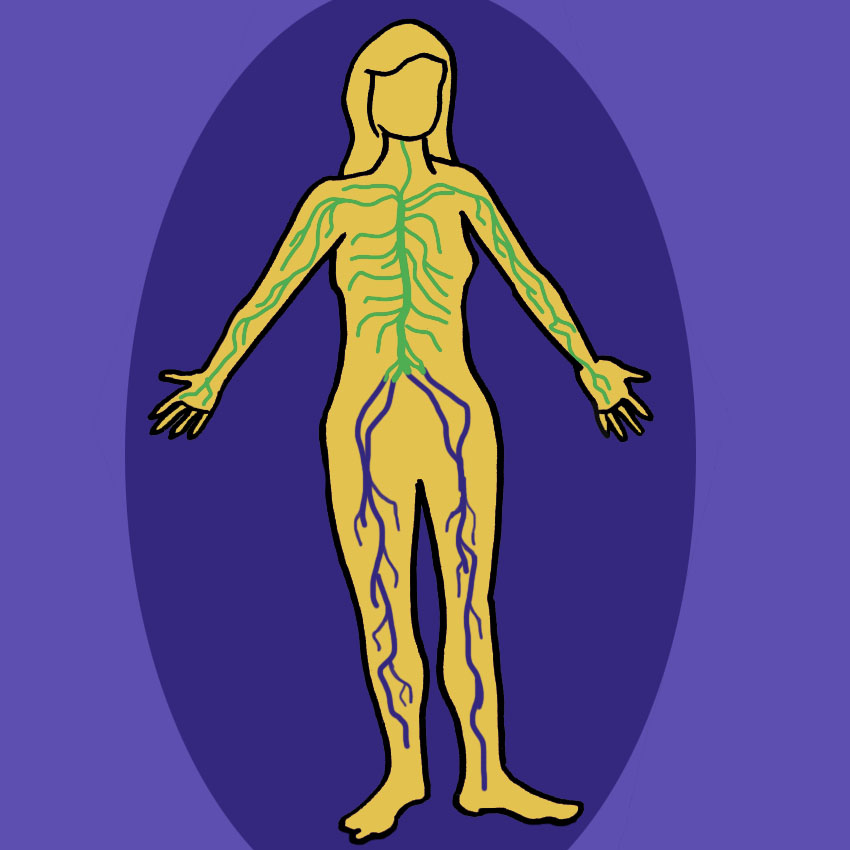
With all this talk about tetanus, we should clarify what exactly it is.
According to Medical News Today:
Tetanus, also called lockjaw, is a serious infection caused by Clostridium tetani. This bacterium produces a toxin that affects the brain and nervous system, leading to stiffness in the muscles.
1. It Isn't Contagious
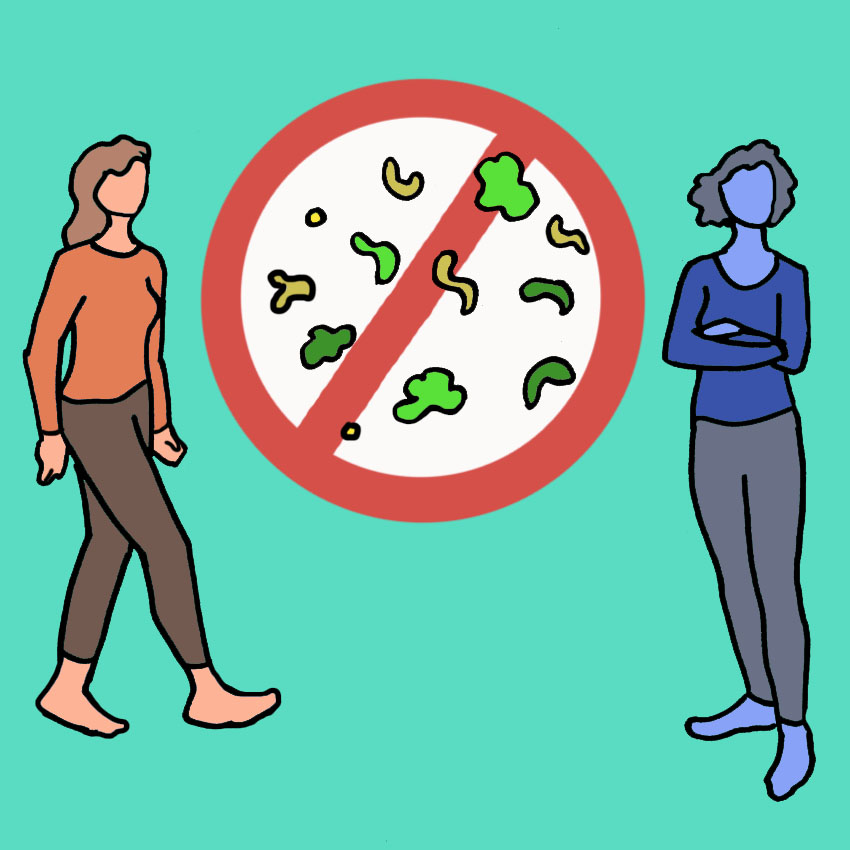
Tetanus is unique because it isn't contagious, despite being an infection.
According to the CDC, the only way you can get it is if the infected spores themselves come into contact with broken skin.
2. It Can Be Fatal For Certain People

There are a lot of reasons to avoid getting tetanus, but the main one is that there is no cure.
The Mayo Clinic explains that treatment for tetanus focuses on managing the symptoms rather than curing the disease.
For this reason, certain people, like the elderly and diabetics, are especially vulnerable and a diagnosis can end in death.
3. Adults Still Need To Get The Shot
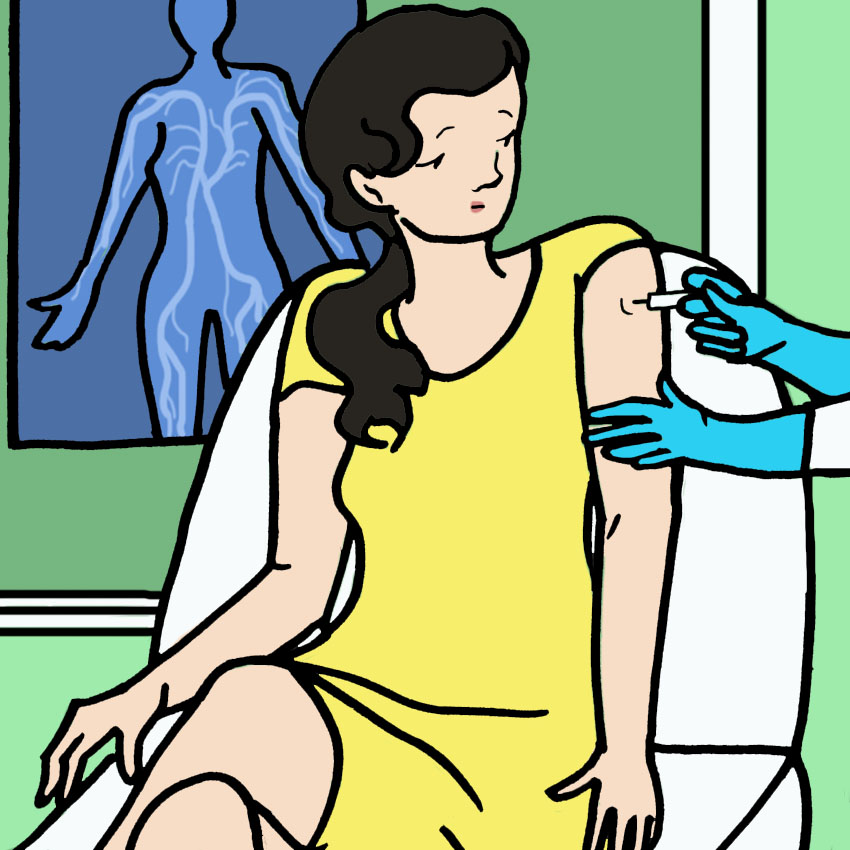
When was the last time you got a tetanus shot?
If it was longer than the 10-year interval that the CDC recommends for a booster, it's time to go to the doctor.
The children's tetanus vaccination schedule may be a bit more frequent, but don't let that fool you into thinking adults are immune.
4. It Can Cause Muscle Spasms
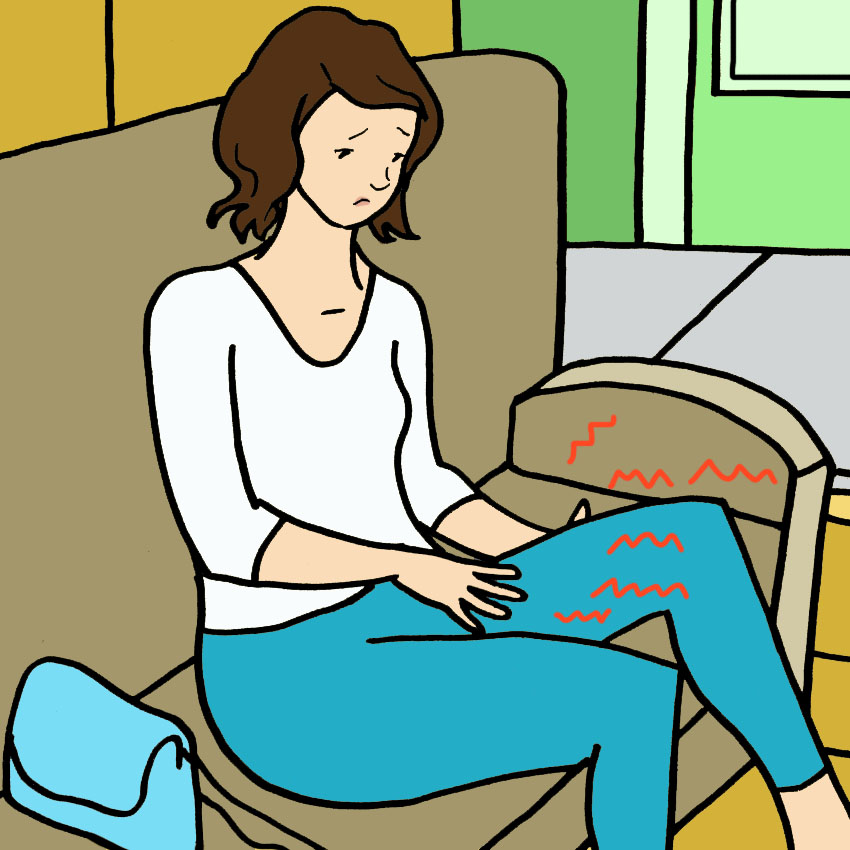
Tetanus attacks your nervous system, which means you may lose control of your body a little bit — or a lot, in serious cases.
One of the main symptoms are muscle spasms.
If you can't explain this symptom, you should probably head to the doctor just in case.
5. It Can Cause Lockjaw
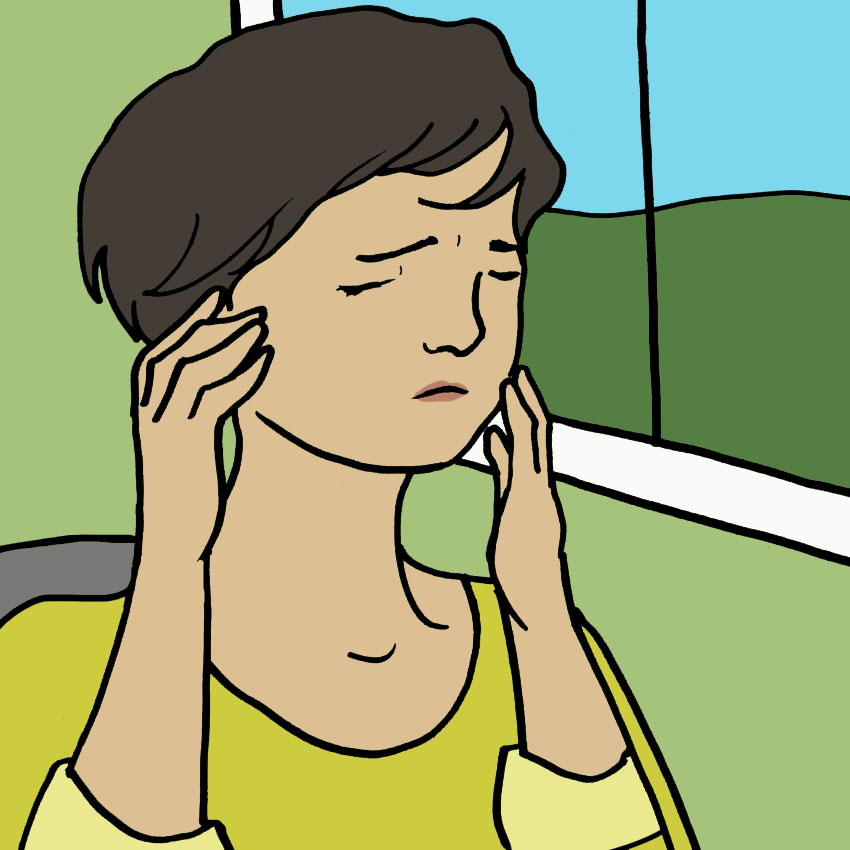
The word "lockjaw" definitely sounds scary.
The CDC again explains that muscle spasms in the jaw are one of the first signs of tetanus and they're associated lockjaw.
Lockjaw is the uncontrollable tightening of your jaw muscles. It can lead to difficultly swallowing and breathing.
6. You Can Get It From Animal Bites

For most of us, tetanus is synonymous with rust, but the Clostridium tetani bacteria that causes tetanus can be found lots of other places, too. For instance, in a dog or other animal's mouth.
If you are bit by a dog or an animal, and it breaks your skin, you should see a doctor immediately.
7. You Can Also Get It From Burns
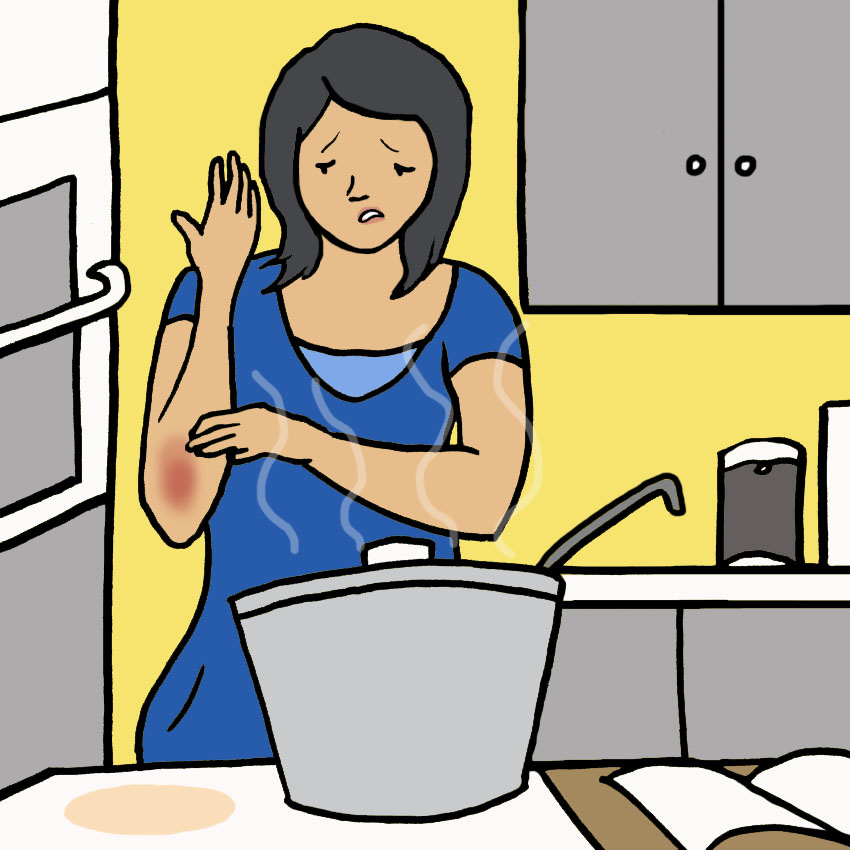
Another strange and unexpected way to get tetanus, according to the Mayo Clinic, is from burns.
If a burn leaves exposed skin, it creates opportunity for the infected spores to get inside your body.
A good prevention measure is to make sure you dress and clean wounds properly.
8. And Even From Frostbite
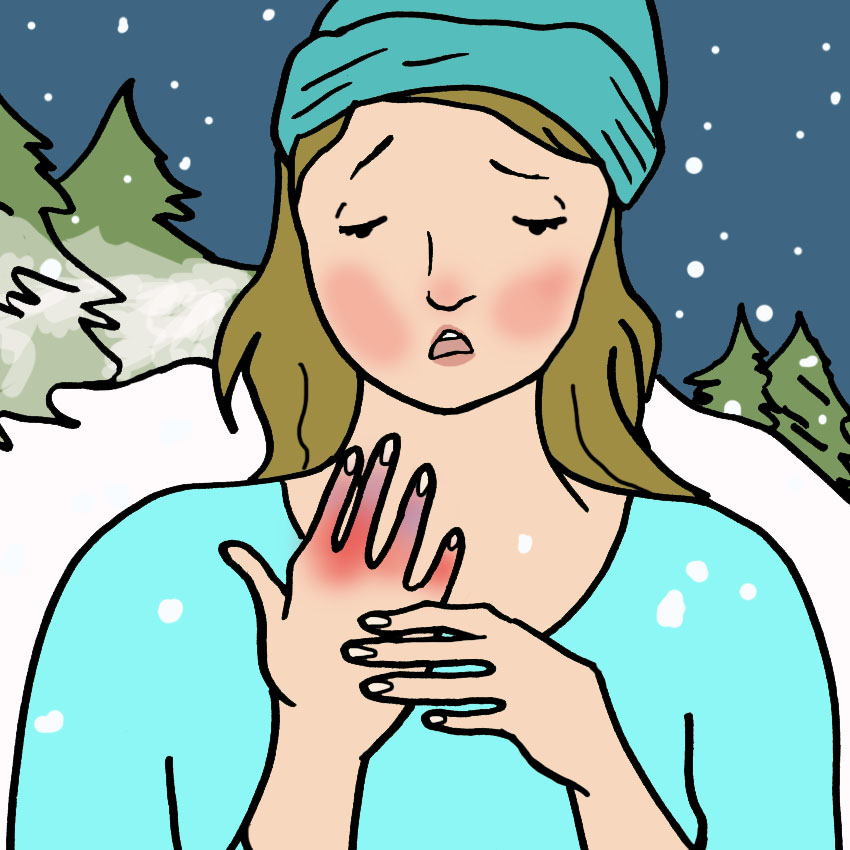
Hopefully you've never had frostbite, but if you have, then you know that it burns and blisters almost as if it were caused by heat.
For that same reason, you could be left vulnerable to tetanus spores — especially because you are already outside.
The CDC explains that your doctor will likely give you a tetanus shot after frostbite if it's been longer than 10 years since your last vaccination.
Be sure to SHARE this important information with your loved ones to keep them safe!




